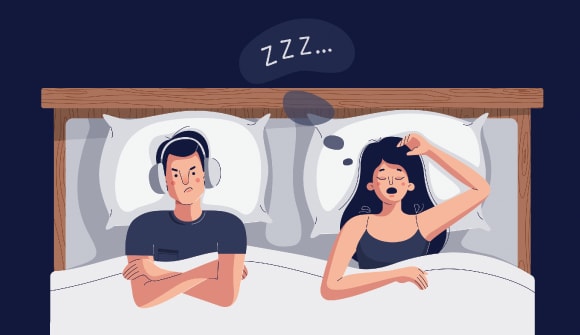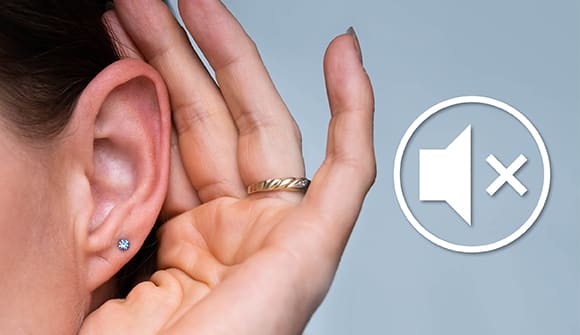Can hearing loss affect your brain health?
An ear, nose and throat specialist shares the science.
Article Author: Vikki Mioduszewski
Article Date:

Our guest columnist is Paul A. Walker, MD, a board-certified ear, nose and throat (ENT) specialist with North Florida Surgeons.
Hearing loss is the third most prevalent chronic medical condition among older adults after arthritis and hypertension. Recently, there has been mounting evidence that hearing loss is associated with brain health.
The link between hearing loss and brain function
According to one large-scale population study conducted by Johns Hopkins University over a 10-year time frame, researchers found a documented link between hearing loss and dementia. Several other studies have documented areas of brain atrophy associated with hearing loss.
Over the years, my conversations with patients regarding hearing loss have centered around the quality of life issues associated with hearing aids. Many become frustrated with the difficulties of settings with background noise or a large group of people. Some struggle to understand their spouse or grandchildren. There is a natural tendency to limit these environments or to simply "check out" of the conversation. Studies have demonstrated the tendency for isolation and even depression.
In 2011, Dr. Frank Lin at Johns Hopkins reported on a 10-year study where individuals with mild, moderate and severe hearing loss had a two-, three- and five-fold increased risk of dementia respectively. The follow-up study in 2013 revealed a 30-40% rate of accelerated cognitive decline in older adults with hearing loss.
'Use it or lose it.'
Reinforcing these findings, several studies have documented areas of brain atrophy associated with hearing loss. The saying, "If you don't use it, you lose it," now appears to be quite applicable in the realm of hearing loss.
A recent 25-year study, based in France, has shown that fitting patients with hearing aids significantly reduced the risk of dementia. In fact, cognitive decline in those with hearing aids had similar long-term results to those with normal hearing!
Hearing loss is obviously not the only factor involved in cognitive decline and dementia. These previously mentioned findings do, however, shed light on a practical opportunity to potentially improve brain health and quality of life.
Protect your ears and your brain
Have you noticed changes in your hearing? Don't wait to get it checked out. Call 904.202.4YOU for help in finding an ear, nose and throat specialist near you.


